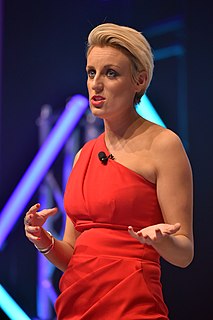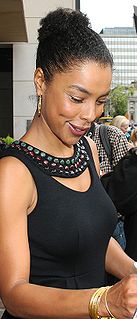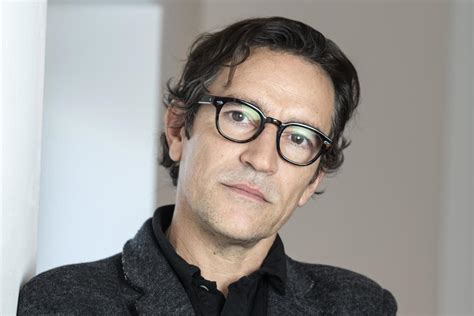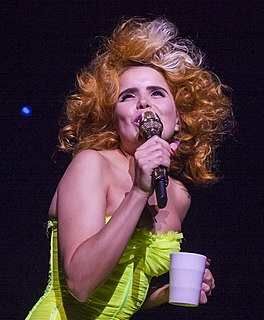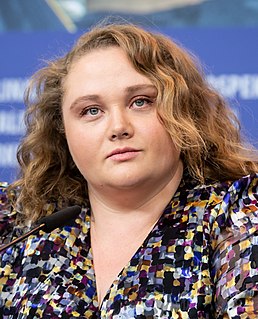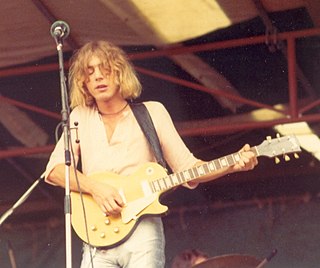A Quote by Steph McGovern
We concentrate too much on ethnic diversity and not enough on class. It's dead important to represent loads of different cultures. But what the BBC doesn't do enough of is thinking about getting people from more working-class backgrounds.
Related Quotes
It's like a laboratory, a micro-society of real life, so it didn't look odd to talk about bureaucracy. In the school, in the class, there are already a lot of children from different ethnic backgrounds so the reality is there. I don't have to shove it in people's face. It's just there and it's normal.
I think that it is too common for white feminists to say, 'We want some diversity. Come join our movement about gender, but we want you to check the class and race at the door.' And you can't undo that braid of race, class, and gender: all three intersect with each other, so it's important for more education to be done about that.
Diversity is just 'the world.' It's different cultures, different backgrounds, different ethnicities, different religions, genders, sexual orientation, shapes, sizes. That is the world, but we call it 'diversity' because there is this one type that has always been accepted in the media, and it's finally starting to change.
I think all races are represented in America much more than in many other places, but it's also nice to remind people about that ethnic mix. I would like to see more black models and women from different ethnic backgrounds, but I also think that when you are casting, you just choose the most beautiful girl you can find.
